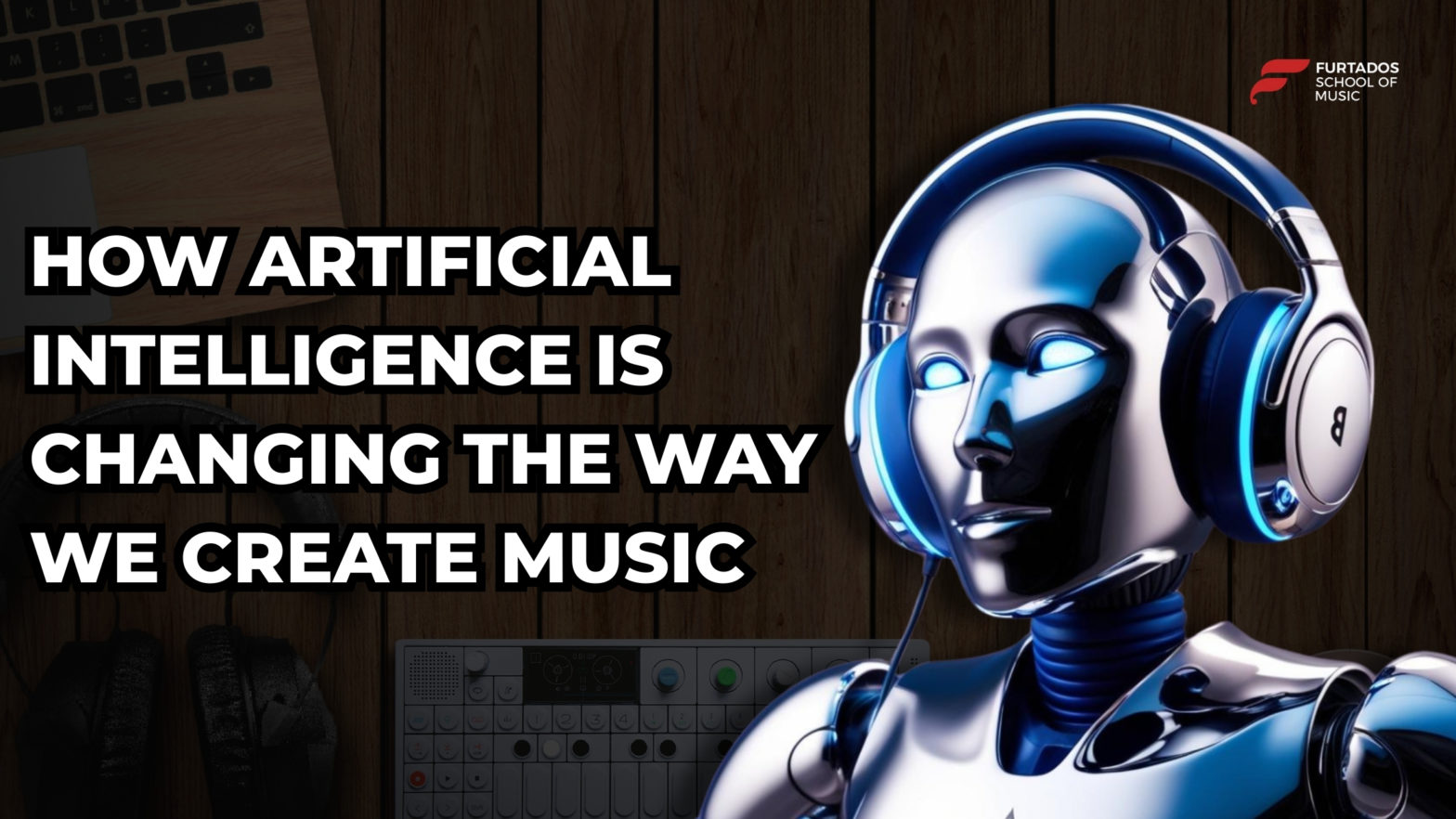The music industry has always evolved with technology, from vinyl records to digital streaming. Now, Artificial Intelligence in Music is revolutionizing how artists, producers, and music enthusiasts create and experience sound. AI is no longer just an assistant; it is becoming a creative force, composing melodies, enhancing production, and even personalizing learning experiences for students.
The Role of Artificial Intelligence in Music
AI is transforming the way we create music by automating composition, improving sound quality, and offering real-time assistance to musicians. It can analyze vast amounts of musical data, understand patterns, and generate compositions similar to those of legendary artists. Whether you are a budding musician or a professional producer, AI-driven tools are opening up new possibilities for creativity.
AI Music Generation: Can Machines Compose Music?
One of the most exciting advancements in Artificial Intelligence in Music is AI Music Generation. AI-powered algorithms can compose original pieces, remix existing songs, and even assist in lyric writing. Some notable AI-driven music tools include:
- AIVA (Artificial Intelligence Virtual Artist) – An AI composer used by music producers and filmmakers.
- Amper Music – A tool that enables artists to create unique soundtracks with minimal effort.
- OpenAI’s MuseNet – Capable of generating complex compositions across different styles.
These AI-driven platforms help musicians create background scores, generate unique tunes, and experiment with genres, reducing the time and effort required for composition.
AI Music Tools: Enhancing Production and Learning
AI is also reshaping the way music is produced and taught. AI Music Tools assist in everything from mixing and mastering to identifying the best chord progressions. Some powerful AI tools used in modern music production include:
- LANDR – AI-based mastering software that enhances sound quality instantly.
- iZotope Neutron – Uses machine learning to analyze and improve music mixes.
- Spotify AI DJ – Personalizes playlists and music experiences for listeners.
For music aspirants, AI-powered learning platforms analyze a student’s playing style and offer personalized feedback. These tools provide virtual instructors, suggest improvements, and even predict mistakes before they happen.
How Furtados School of Music Uses AI for Learning & Innovation
Furtados School of Music (FSM) embraces Artificial Intelligence in Music to enhance learning experiences and equip students with the latest music production techniques. FSM integrates AI Music Tools in its curriculum to provide:
- AI-Assisted Learning – Interactive apps that assess students’ progress and suggest improvements
- AI-Generated Compositions – Teaching students how to use AI Music Generation tools to create original pieces.
- Virtual Music Analysis – AI-driven analysis to refine performances and ensure precision in playing instruments.
By incorporating AI-driven technologies, FSM ensures that students are prepared for the digital music era, offering them hands-on experience with industry-leading AI music production tools.
The Future of AI in Music: What’s Next?
With ongoing advancements, AI Music Generation will become even more sophisticated, allowing musicians to push creative boundaries. AI will not replace human creativity but will act as an intelligent collaborator, enhancing artistic expression. Aspiring musicians should embrace AI as a tool to experiment, innovate, and explore new sonic landscapes.
If you’re passionate about music and want to explore how AI can elevate your skills, Furtados School of Music provides cutting-edge training with the latest AI Music Tools. The future of music is digital—are you ready to be a part of it?
